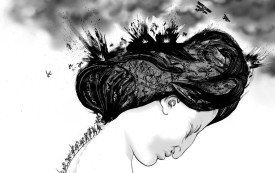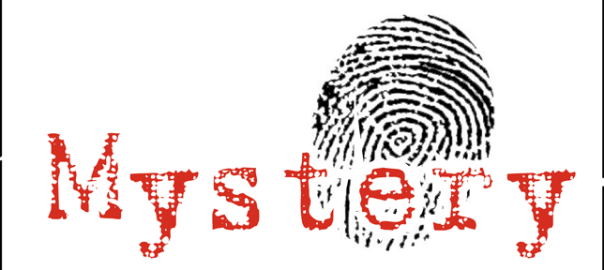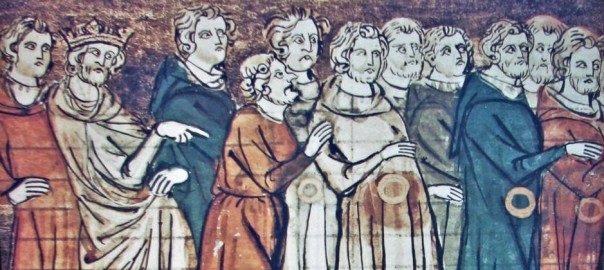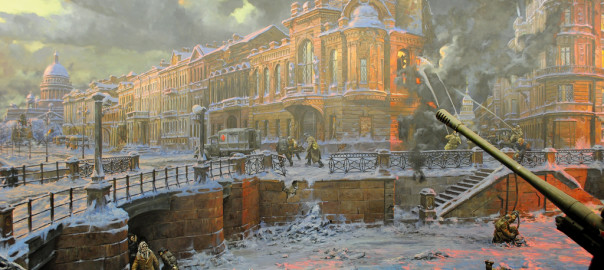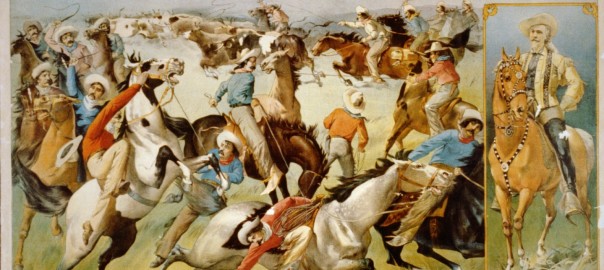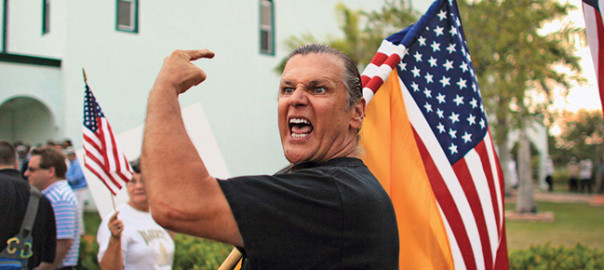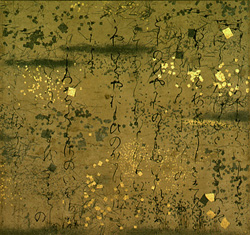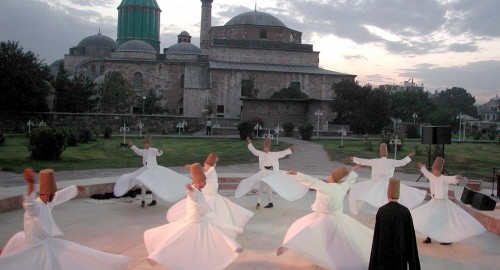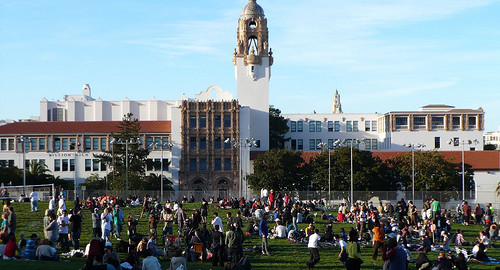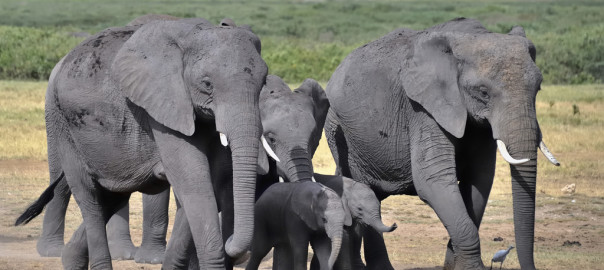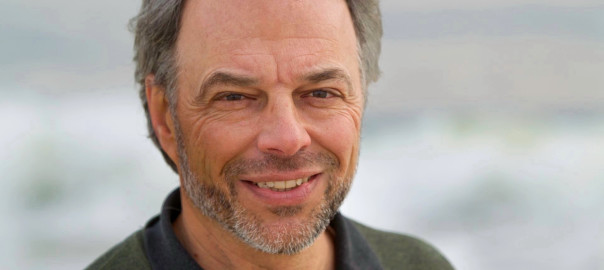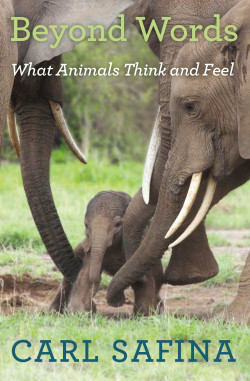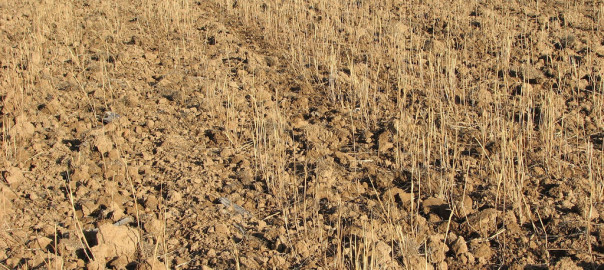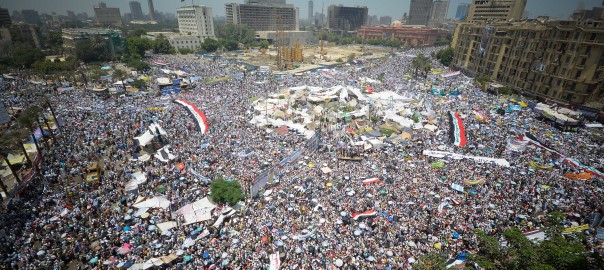by Francesca Rheannon
Part One: The Jews
“McDO, that’s a Jewish business,” my host Michel said contemptuously. I was staying with him and his wife, the lovely Marie-Jo in Apt, an ancient Gallic-Roman city in the south of France. The year was 2002 and I was in Provence to gather research on a book.
The couple had generously opened their home to me, someone they barely knew, and we had quickly become fast friends. Michel was a private chef; his wife was a nurse who was taking leave from her job to care for her elderly invalid mother who lived next door.
Michel had not always been a chef. He was a man of many sides and a checkered past. He didn’t fit easily into any categories. For one, he had spent close to a decade in prison during his youth. The details were never really forthcoming, but it had something to do with underworld gangs in Marseilles. He would have looked the part, too, with his street tough’s body, all barreled and bandy-legged, were it not for his warmth and ebullient nature. Continue reading →

